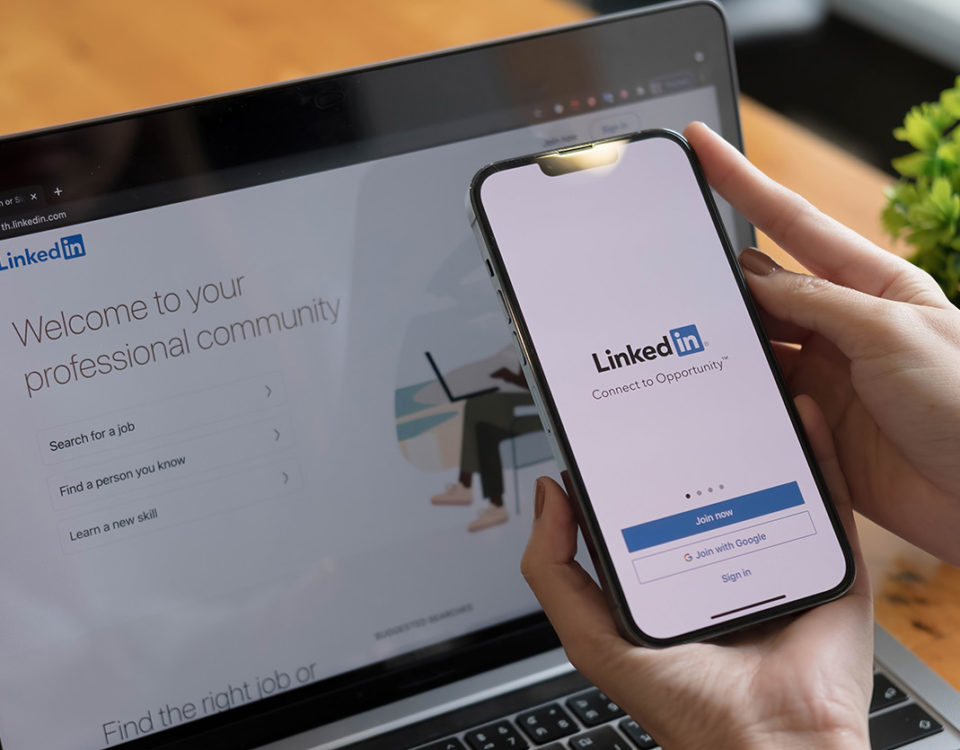
Here are some reasons why you may not be getting more leads on your website, and what to change to generate more.
June 2, 2017
The Trials and Tribulations of Transition
November 17, 2017
We are all aware of the power of language; good jokes make us laugh, sad stories make us tear up, and curse words make us cringe. But that’s just the tip of the proverbial iceberg. The stories you hear, articles you read, and conversations you have day-to-day hold the power to inspire, repulse, or galvanize you, your community— even the society you live in.
Despite the immense amount of power language holds, companies still manage to continually miss the mark when entering into a conversation with their prospective clients. Dry, banal vocabulary riddles websites across industries, describing products and services in a manner akin to your standard operating manual: “here’s what we do and here’s how we do it”. The end.
Taboo Triggers
Luckily, large amounts of psychological research exist to describe the emotional weight of specific words and phrases. For instance, many studies have effectively demonstrated the physiological arousal experienced by subjects who hear or read curses and taboo phrases (Harris, Gleason & Ayçiçegi, 2005). In this specific study, subjects showed higher galvanic skin response (or electrical conductivity of the skin) when presented with a taboo word or phrase. Put simply: telling someone to “shut up”, for example, has the ability to increase heart rate, raise blood pressure, and heighten respiration rate. From there the science is quite simple; when you are in a state of physiological arousal you’re alert. You’re focused.
The Unexpected Power in Negativity
But we ask that you please not curse at your clients! The point of this data is merely to demonstrate the affective power of emotional language and its ability to push a prospect from a passive state to an active one. This leads us to the next point: in a similar study, it was found that people spend longer processing and paying attention to emotionally negative and taboo words than neutral —or even positive— ones (Eilola & Havelka, 2010). In this study, subjects were asked to identify the font colour of words presented to them on a screen. Neutral words had a reaction time of 698.2 ms (with 3.4% errors), whereby subjects took 764.8 ms (with 4% errors) to recognize the colour of the taboo words. So what does this mean for you, someone who’s looking to increase margins on your product or service? When messaging is framed from a perspective of loss, prospects will statistically spend more time engaging with it. For instance, a message to the client outlining a product or service’s ability to save shrinking margins or fix a convoluted sales cycle will be more effective than a message simply outlining how robust or effective a product is.
Who, Me?
Finally, language appeals most to the emotional buyer’s brain when it uses “terms derived from interpersonal communication”, like the words “we”, “you”, or “us” (Sela, Wheeler, & Sarial-Abi, 2012). Language that refers to the customer from a detached, third-person point of view is much easier to forget or ignore according to psychological research, whereas language that is interpersonal is reported by subjects to be more satisfying and interesting to consume. Therefore, it’s much wiser to include language on your website or in your promotional material that says something like “We work hard to provide you with an effective solutions package”, as opposed to “we work hard to provide our customers with effective solutions packages”. Language like this immediately activates the emotional centres in our brain, as we begin to make unconscious associations between the personal pronouns in marketing material and the personal pronouns we hear in day-to-day conversations.
To recap: we’ve seen data indicating that negative words physiologically arouse us and capture our attention, and interpersonal language is people commonly considered to be relevant and important to them. And these are only a few examples of the potential power language can have over prospects; more studies exist that outline the importance of poetic devices, trust-based language, and bilingualism in written material. This type of research is virtually endless, but one thing we can be certain of in the midst of it all: to not utilize the simple power of language in your PR, marketing, and relevant sales strategies would be an awful waste of words.



